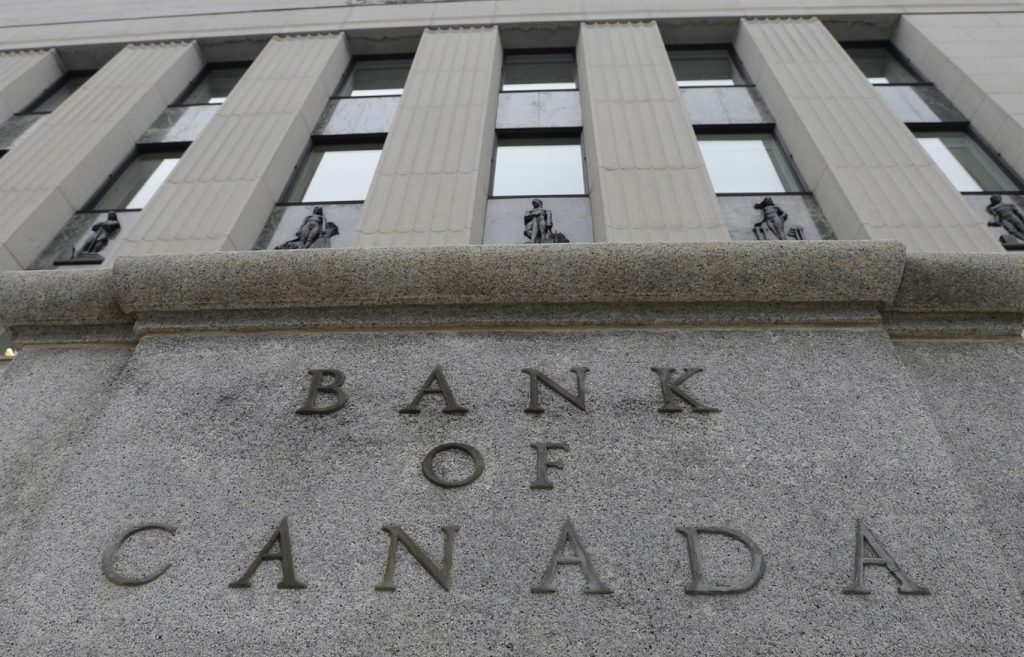
The Bank of Canada (BoC) is scaling back its massive asset purchase program known as quantitative easing, while also signaling higher interest rates – and bigger variable mortgage payments – might be coming sooner than previously expected.
“Effective the week of April 26th, weekly net purchases of Government of Canada bonds will be adjusted to a target of $3 billion from $4 billion’, said the Bank of Canada in a release. This adjustment to the amount of incremental stimulus being added each week reflects the progress made in the economic recovery.
The overnight rate stays at 0.25%, but Canada’s central bank is forecasting its inflation target will be reached earlier than 2023, as it previously said.
Housing market
That means the Bank of Canada could raise its overnight rate sooner than expected. An increase to the overnight rate means variable rates will go up.
Rock-bottom mortgage rates have been a key driver of Canada’s hot housing markets and the BoC says it’s keeping an eye on the situation. ‘Housing construction and resales are at historic highs, driven by the desire for more living space, low mortgage rates and limited supply. We remain committed to holding the policy interest rate at the effective lower bound until economic slack is absorbed, so that the 2% inflation target is sustainably achieved, the BoC said the statement.
While economists and borrowers may have been surprised by the possibility of a Bank of Canada rate hike as soon as 2022, clearly the BoC Governor saw the prospect of reduced stimulus as a reason for celebration, not anxiety, because it was just one more indicator that the economy was on the mend. “There are brighter days ahead”, he said at the news conference, projecting 6.75% growth globally this year have been impressively resilient to the pandemic.”
An economic growth rate of nearly 7% is seen as unusually high for an advanced economy and will reflect roaring consumer demand as restrictions lift this autumn, plus a new wave of fiscal stimulus from Ottawa, the provinces and from south of the border. The governor confirmed that there remained many uncertainties as he and the bank’s Governing council, which advises him, struggle to understand a recession unlike any other they have seen.
They have been fooled before. Last year, the central bank warned of a deep recession that would lead to ‘scarring’ in other words, long-term damage to the underlying economy, but that’s not the way things turned out, instead, an expansion into the digital space – the growing use of computers and software in new areas of the economy – means economic growth continued, even as many traditional face-to-face businesses were in lockdown due to the pandemic.
The central banker suggested that the new higher stress tests imposed two weeks ago, as well as a new federal tax on vacant properties, will slow the market. Others have suggested that rising interest rates would have an even stronger impact on many Canadians who have taken on mortgages and other loans that are very high.
As with any forecast, there are many unknowns. Will the economy triumph over the third wave of the pandemic as well as it did over the second? Will the vaccine take-up allow us to reach her immunity? BoC said they’re not going to count their chickens before they hatch, but they are looking for a complete recovery.
Original articles: www.finance.yahoo.com and www.cbc.ca


